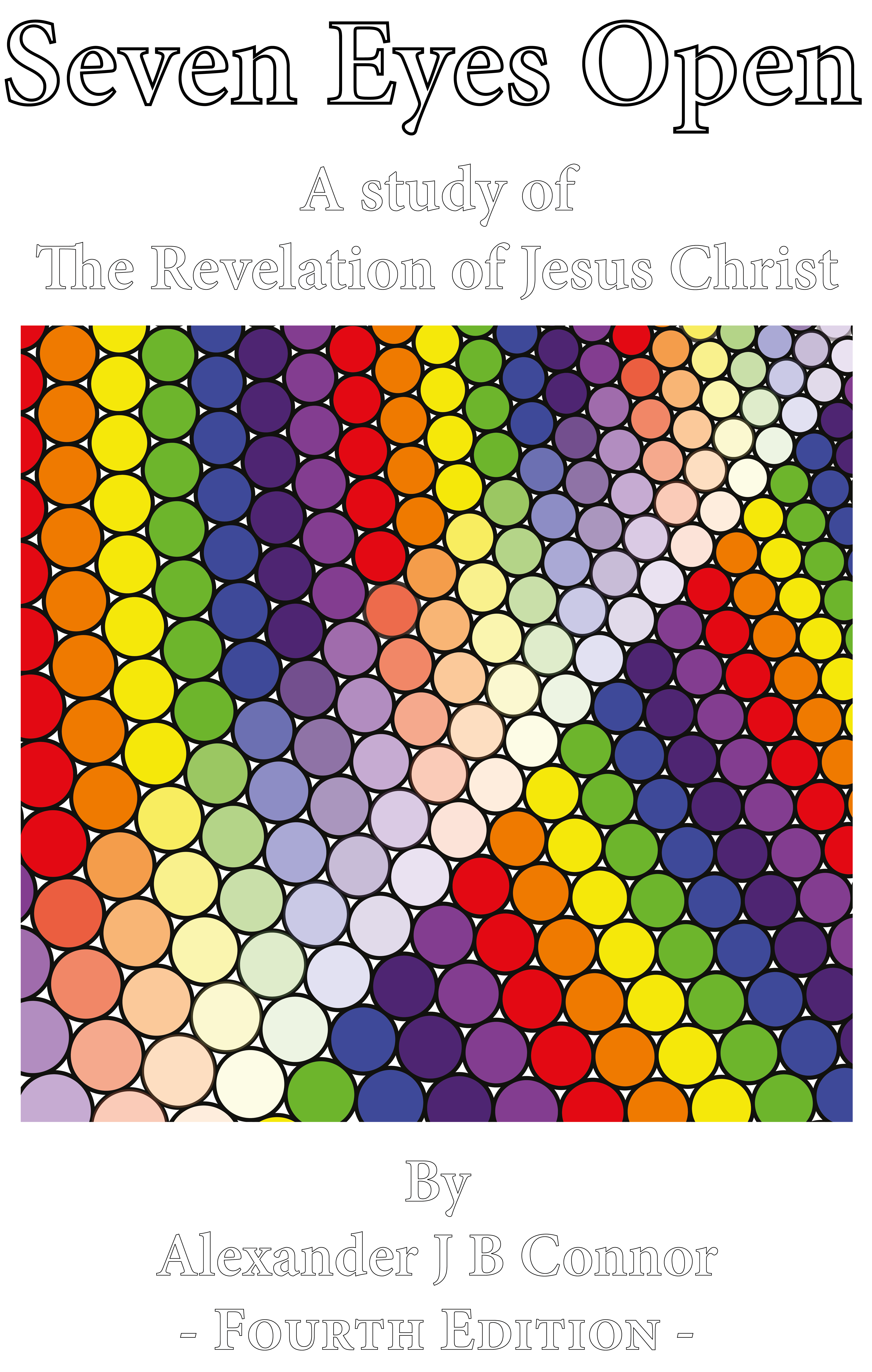  |
|
Metaphysics
|
 Modal Collapse The main objection (albeit not such a popular one), to Godel's ontological argument is that it suffers from modal collapse. Modal collapse is the situation in hand where every statement in a system becomes logically necessary. That may sound a lot like proof, but it is not so: for proof requires some reference of possibility in order to show something provable. Consider a system with one axiom. How would you prove it? You could assume the opposite but you would prove that opposite with your assumption. Modal collapse occurs when every axiom is necessary to describing the model you use, which results in no subset of those axioms entailing the theorem, thereby reaching no contradiction by assuming one axiom negated. Of course, rather obtuse as it is, it is correct that no subset of those axioms will produce the theorem, and it is not provable in any subset. The theorem may require a thousand axioms, all necessary, but without that proof there is no sense of "1 in x". So, the odds of God existing on that modal collapse? Include the system or throw it out, the odds are fifty-fifty. Of course, this may not be the only way to find a modal collapse, but it certainly is one way. Any objections to Godel's proof itself cannot be made on any of his assumptions if this is the case, and all of them appear quite reasonable. (Read Godel's proof and a discussion here.) What may be stated is that Godel came so very close but for this one objection. The regular objections of an ordinal nature over existence as a predicate also apply, but Godel's argument supplies a circular argument via "God-likeness" as an essence which carries with it a notion of being, rather than instance of an object. That circular reference is between existence as a positive property as an equivalent essence to God-likeness; that is, if it be good for God to exist. God exists not because of God-likeness, but because everything good is found in God, and it is better for everything good to be found in essence than not so; and all such things are found in essence in an existent essence (one that is logically provable). That would be "God" and therefore He exists. Then you see modal collapse, as everthing good must be logically present from that essence and God is either wholly existent or the modal collapse is dismissed with the rejection of God-likeness as a predicate, rather than of existence. Ooh, so close! |



